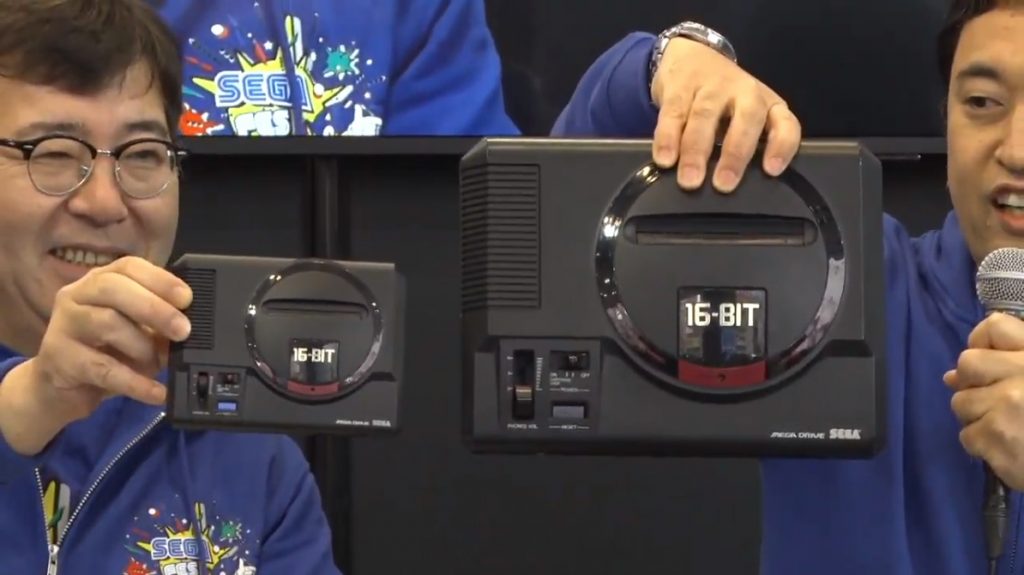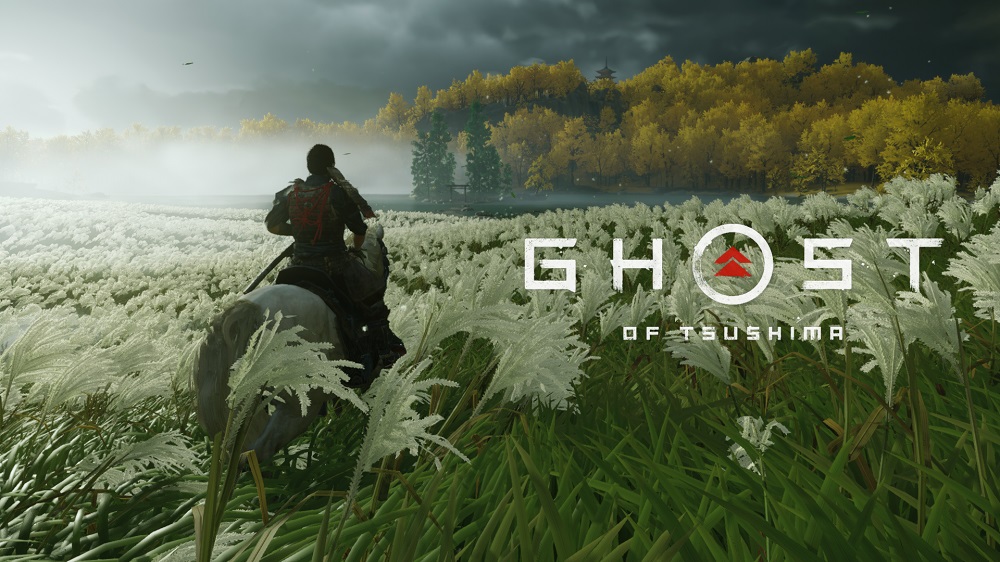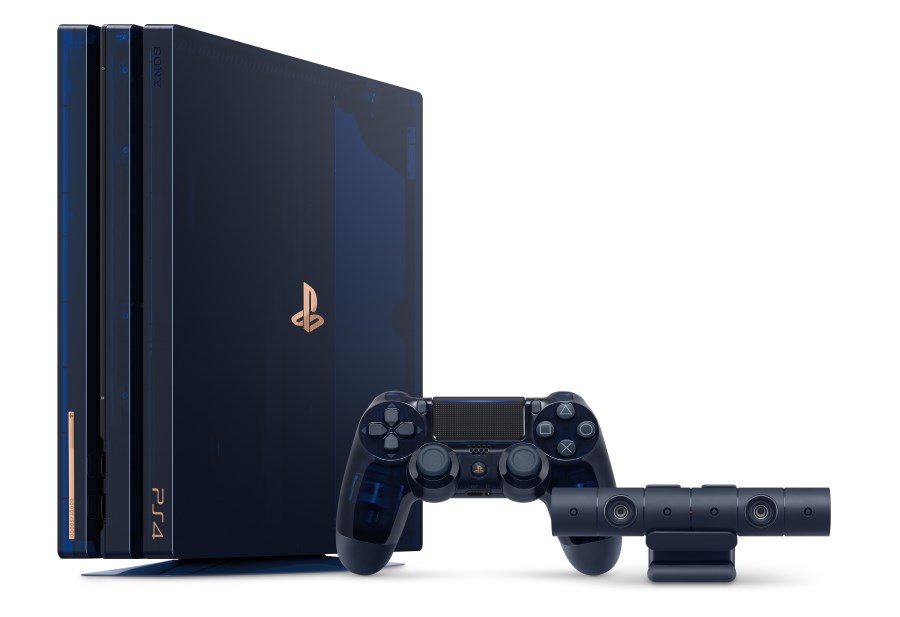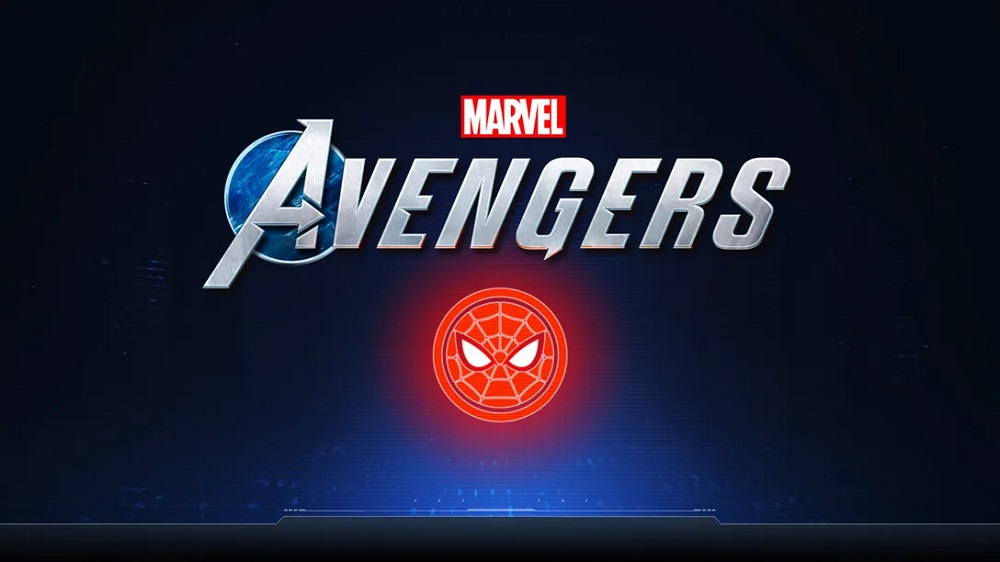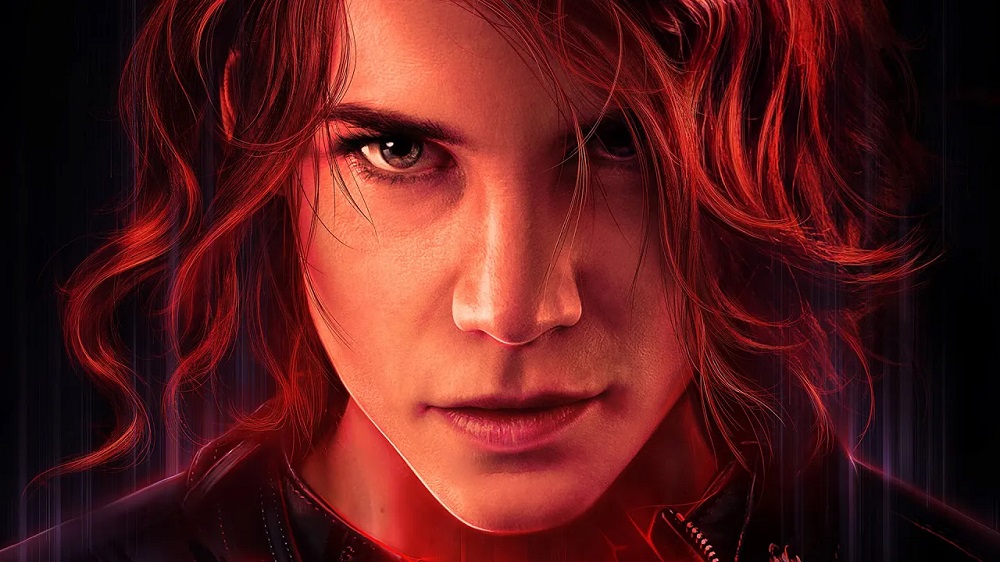It’s easy to see why exclusives are usually not a beneficial thing for gamers in general. Especially for us here in Malaysia where, at least on the console front, it’s a de facto PlayStation exclusive market anyway – imports notwithstanding. Platform exclusives were a thing back in the day because video game consoles were very different from one another. This meant that they processed graphics and sound very differently as well. So if a game developer were to make the same game for two different machines at the time, they may as well be making two different games.
This became less of a problem as each console generation passed, as consoles became more and more similar to PCs. And as this happened, games were also more often made with multi-platform in mind. Some even support cross-platform play, too. With that, exclusives became less of a technical reality, and more of a business transaction between developers or publishers with platform holders.
This makes sense in some cases, such as in the case of first-party exclusives. Games like The Last of Us II and Ghost of Tsushima are made by dev studios owned by Sony Interactive Entertainment directly, so it’s not surprising when these games are exclusive to the parent company’s console. It’s a similar story with the Wii U exclusive Bayonetta 2, which would not have existed without Nintendo’s funding. But for most others, it difficult to see exclusives as anything but a tool to elevate one console’s value over the other. Like in the case of Bloodborne, which its devs argued was only possible on the PS4. This argument only applies in a cross-generational argument, but oddly enough the Xbox One was never brought into the picture.
I mentioned earlier that whichever company wins the exclusivity wars, it’s the gamers that lose. Fortunately, for us in Malaysia, the stars have aligned in a way that we never truly lose. Since we’re effectively a Sony-exclusive market, we win as long as Sony wins. And even if the Xbox wins, Microsoft also happens to be very big on PC, for an obvious reason. This means that we’ll eventually win too when Xbox exclusives eventually make their way to PC. But who knows what sort of wait period we’ll have to endure for that to happen? And there’s the question of if it does actually happen to begin with. Take Sunset Overdrive, for instance. The game was made by Insomniac (which was only acquired by SIE in 2019), and released in 2014 on the Xbox One. The exclusivity makes sense to a degree, as the game was published by Microsoft. But it took the game four long years before it finally made its way to Steam. The same can be said about Horizon Zero Dawn as well, being released in 2017 as a PS4 exclusive and by some miracle making its way to PC in 2020. And then you have more extreme examples, in the form of multiplatform games with console-exclusive content. The most recent example that comes to mind is Crystal Dynamics’ Marvel’s Avengers. The game is available on effectively all platforms, both current- and next-gen on the console front. And yet, only the PlayStation versions are getting Spider-Man as a playable character. It doesn’t help that the game doesn’t look like it runs well on the PS4 Pro. At least, that sounds like the consensus among those who tried the beta. And it looks like it’s not all sunshine and roses with the PC beta either.
So, the choice is either to play it on PS4 and get Spider-Man, or play it on PC and maybe get better performance if your rig is decked out with the best components money can buy. The PS5 may be able to shake things up when it gets released. But assuming the best for the next gen console, that will just be another blow to PC gamers. And finally, there’s PC. Once upon a time, Steam was pretty much the only digital storefront from which you can buy games. Then publishers like EA and Ubisoft decided they wanted their own store, which led to their games being exclusive to their stores. Makes some sense, like publisher-funded console exclusives. But then the Epic Games Store showed up, and decided that some games that are sold on its store front are not allowed to be on Steam. The silver lining here is that, for most games, this is only for a single year. But then comes Control and its Ultimate Edition, showing us just what we have to lose whenever exclusives rear their ugly heads.
The game was released on all platforms in 2019. But on PC it was exclusive to the EGS for a year. When the exclusivity ended, it shows up on Steam – and everywhere else – in its Ultimate Edition incarnation which includes additional content. If you’re getting the Steam version of the game, then you’ve basically won the lottery. But if you’ve bought any version of the game that’s not the Ultimate Edition, then you’ve lost. Because while Steam’s Ultimate Edition is identical to the base game plus season pass on EGS, it’s still a little bit cheaper. It’s worse on console, where if you bought the game early, you’re not getting the next-gen upgrade unless you essentially buy the game again. Ultimately, I suppose there is a way for gamers to win in a content exclusivity situation. But as the whole Control situation indicates, it’s only possible for timed exclusives. The trick is to wait for for the timed exclusivity to end, and hopefully there’s a better deal waiting at the end. But that’s really a luck-based win, and I really doubt the collective gamer population has luck stats that is high to count on this happening consistently.
